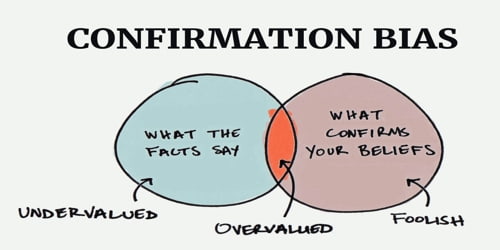Clinical geropsychology is the application of “the knowledge and methods of psychology to understanding and helping older persons and their families to maintain well-being, overcome problems, and achieve maximum potential during later life” by psychologists in a variety of sub-disciplines (clinical psychology, counselling psychology). It is a subfield of psychology that focuses on assessing, diagnosing, and treating mental health problems in older adults. Geriatric psychology or elder psychology is another name for it. Geropsychologists work with older adults who may be experiencing psychological, emotional, or cognitive challenges as they age, as well as their families and carers.
Objective
Clinical geropsychology’s primary goal is to improve the mental health and overall quality of life of older adults. Depression, anxiety, grief, adjustment difficulties, memory problems, cognitive decline, and issues related to chronic illness and caregiving are among the psychological issues commonly encountered by older adults.
The world’s population is ageing at an alarming rate. Globally, the number of people aged 60 and up was 962 million in 2017, more than double the number in 1980. The number of elderly people is expected to double again by 2050, reaching nearly 2.1 billion people. Globally, the number of people aged 80 and up is expected to more than triple between 2017 and 2050, rising from 137 million to 425 million. For the first time in human history, the world has more people aged 65 and up than those aged 5 and under.
Worldwide assessment
According to the World Health Organisation, over 20% of adults aged 60 and up have a mental or neurological disorder (excluding headache disorders), and mental and neurological disorders account for 6.6% of all disability (disability-adjusted life years-DALYs) among people over 60. Furthermore, as they age, older adults often face a slew of changes, including health declines, the loss of loved ones, job transitions, changes in residence, loss of independence, and impending death.
Geropsychologists use a variety of assessment techniques to assess the mental health and cognitive functioning of older adults. Standardised tests, interviews, observations, and self-report measures may be used in these assessments. Geropsychologists create individualised treatment plans based on assessment findings, which may include psychotherapy, counselling, cognitive rehabilitation, and behavioural interventions. In order to provide comprehensive care, they also collaborate with other healthcare professionals such as geriatricians, neurologists, and social workers.
Clinical geropsychologists may be involved in research, programme development, and policy initiatives aimed at improving the mental health services and support available to older adults, in addition to direct clinical work. They may also consult with and train other professionals in geriatric care settings such as nursing homes, assisted living facilities, and hospitals.
















